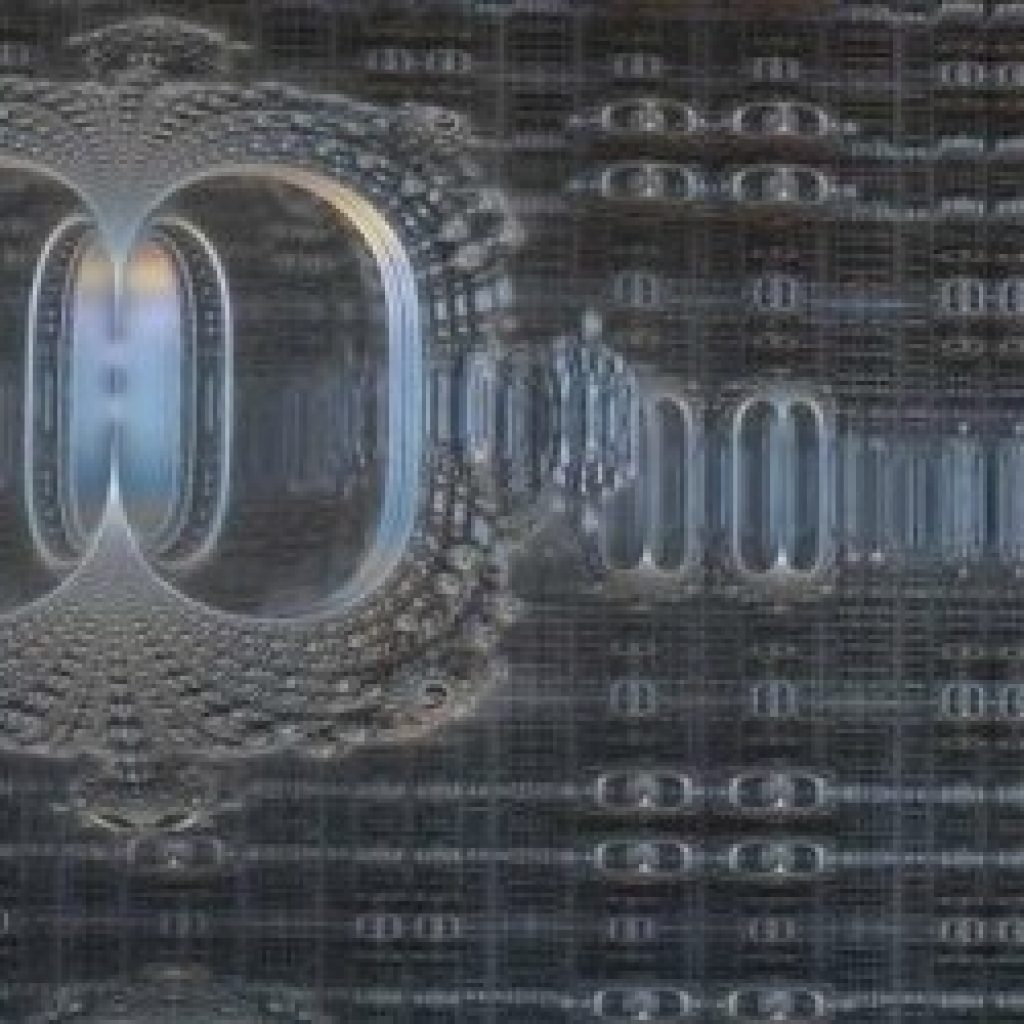(Phys.org) USC scientists have demonstrated a theoretical method to enhance the performance of quantum computers, an important step to scale the technology. The technique administers staccato bursts of tiny, focused energy pulses to offset ambient disturbances that muck sensitive computations. The researchers report they were able to sustain a quantum state up to three times longer than would otherwise occur in an uncontrolled state.
Quantum computers are powered by qubits, the subatomic workhorses and building blocks of quantum computing. But qubits are as temperamental as high-performance race cars. They are fast and hi-tech, but prone to error and need stability to sustain computations. The problem is “noise,” a catch-all descriptor for perturbations such as sound, temperature and vibration.
USC is the only university in the world with a quantum computer; its 1098-qubit D-Wave quantum annealer specializes in solving optimization problems. “We tried a simple mechanism to reduce error in the machines that turned out to be effective,” said Bibek Pokharel, an electrical engineering doctoral student at USC Viterbi and first author of the study.
USC Scientists Demo a Theoretical Method to Enhance Performance of Quantum Computers
